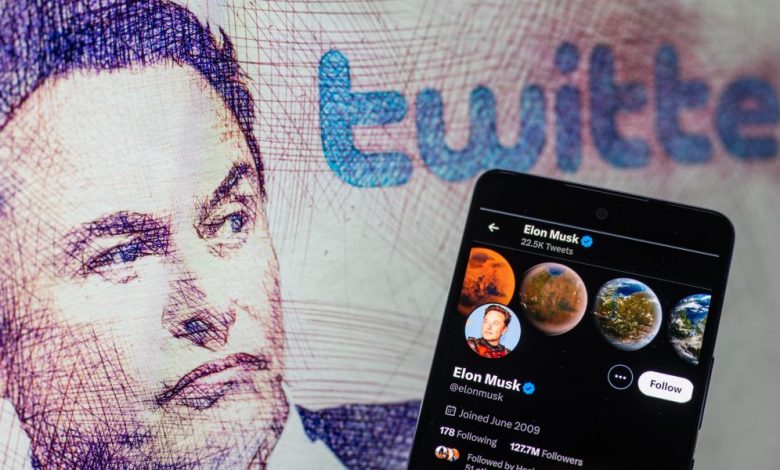Elon Musk reveals the inner workings of Twitter’s algorithm

Twitter’s owner plans to open source the platform’s recommendation algorithm as soon as next week, the entrepreneur wrote on Tuesday.
The move is intended to tear the veil from the software’s inner workings after persistent bias — first from the right end of the political spectrum and now from the left — gave Twitter its thumb on the scales of social debate.
“Our algorithm will be made open source next week,” Musk posted in a Twitter Answer.
Musk’s deadlines notoriously tend to be tight, so there’s no certainty he’ll deliver on his promise. In the past, he’s changed his mind (or at least acted like one) when it came to major strategic decisions, like the cancellation of a new Tesla car model.
But if he pulls through, the entrepreneur will deliver on a long-held promise that users will be able to see if the algorithm has a bias that censors or amplifies language on the platform in one direction or another. And Musk’s move to make the algorithm public would be highly unusual given that most tech companies treat the software code that powers their algorithm as a closely guarded trade secret.
The Twitter algorithm should be open source
— Elon Musk (@elonmusk) March 24, 2022
In May, Musk said that any human interference in Twitter’s recommendation algorithm must be clearly identified if the platform hopes to regain the trust of all users: “Then trust is earned,” he wrote. It was one of several instances where he pushed for open source of the code before, during and after his turbulent takeover of the company.
The issue of open-sourcing Twitter’s algorithm goes to the heart of Musk’s stated interest in the platform, and served at least in part as a genesis for Musk’s unsolicited $44 billion takeover bid, according to Musk.
Before amassing a stake in Twitter, he asked users an important question
On March 24 last year, before he ventured on the company, Musk questioned the intentions behind Twitter’s algorithm and any potential de facto bias that would have a major impact on public discourse. “How do we know what’s really happening?” he asked in a tweet.
Minutes later, he decided to conduct a poll asking users if Twitter’s crucial referral code should be open source, an opinion eventually shared by 83% of the 1.1 million accounts that responded.
Not to mention potential bugs in the code. Open source is the right way to solve both trust and efficiency.
— Elon Musk (@elonmusk) May 15, 2022
When Joe Lonsdale, the co-founder of data company Palantir, saw the survey, he texted it, news reports later revealed in court. He said he loves the idea of making Twitter’s algorithm open source and will soon be speaking about the dangers of big tech at a political retreat for Republican congressmen.
“Our public spaces must not have arbitrary, sketchy censorship,” Lonsdale wrote, adding, “What we have right now is hidden corruption.”
The following day, Musk asked users whether Twitter “rigorously adheres to the principle of free speech,” and justified his question by saying, “The ramifications of this poll will be important. Please vote carefully.”
At that point, Twitter co-founder Jack Dorsey texted Musk on March 26 that he agreed with the idea that Twitter’s algorithm needed to be open source and would set up a meeting between Musk and the board to clarify whether If this is the case, Tesla CEO, who, in his words, “gets his importance”, could step in as a director.
“I think it has to be an open-source protocol funded by some kind of foundation that doesn’t own the protocol, they just push it,” Dorsey argued in his message, to which Musk replied, “Super interesting idea.”
What followed is well known – Musk bought Twitter.
When the billionaire entrepreneur makes good on his promise next week, the world will finally have an answer as to what great and powerful software code is just behind the curtain.
Learn how to navigate and build trust in your organization with The Trust Factor, a weekly newsletter exploring what leaders need to succeed. Login here.



